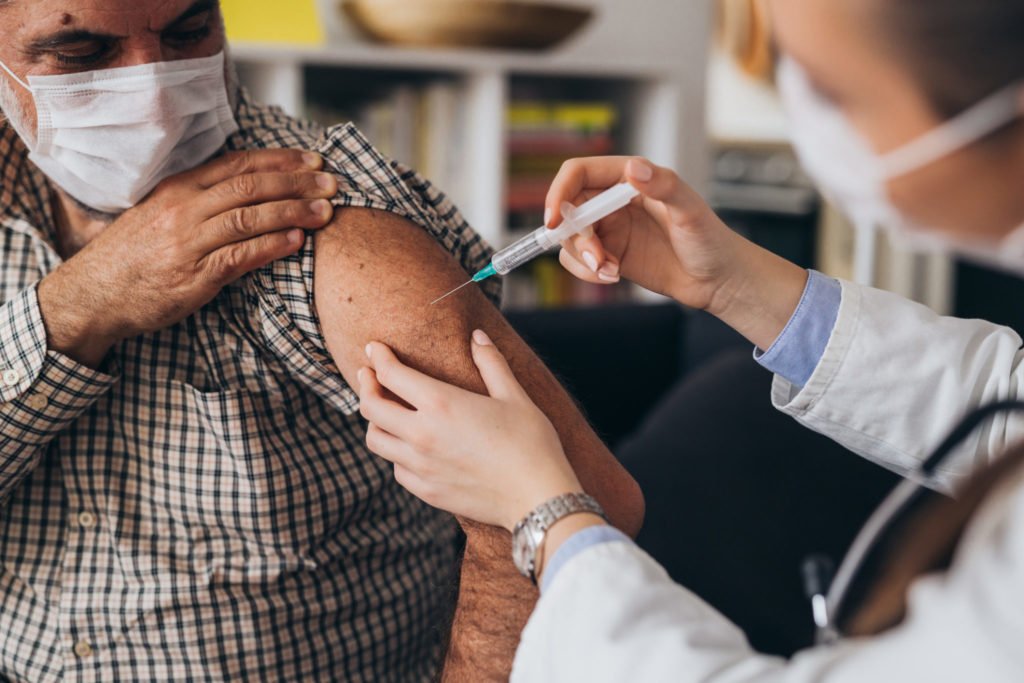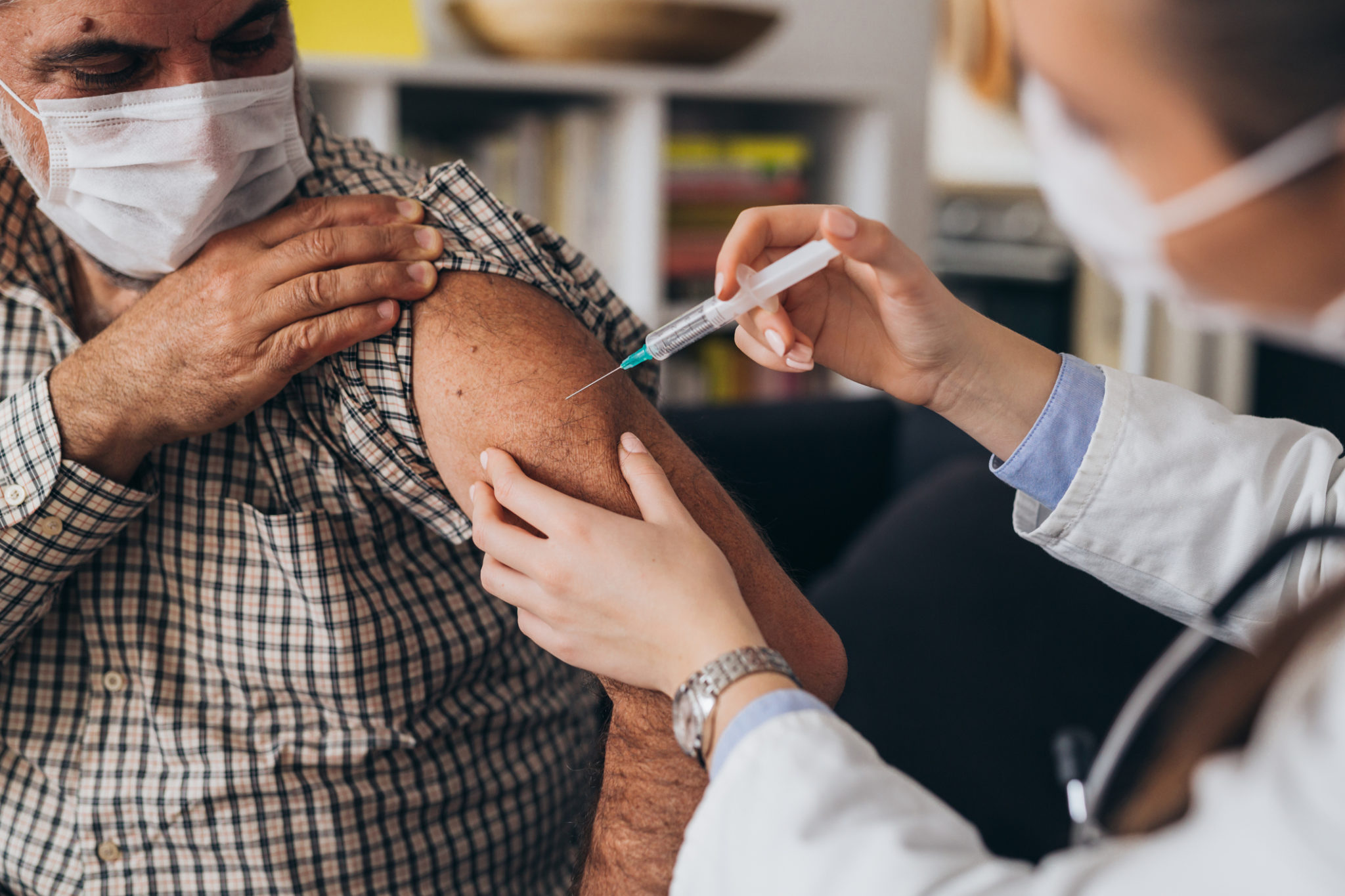
Clinical Contributors to this Story
Thomas Bader, M.D. contributes to topics such as Medical Quality.
Are you one of the millions of people that have been sick with COVID-19 in the past year, or have you had a positive COVID-19 test result without experiencing symptoms? If so, you may be wondering whether or not you should get a COVID-19 vaccine once it becomes available to you.
When you’re eligible, you should get the COVID-19 vaccine, according to leading health experts, since it offers you protection from catching the virus again.
“People shouldn’t have a false sense of security that they’re immune to COVID-19 just because they’ve recovered from the disease,” says Thomas Bader, M.D., vice president of medical quality at Hackensack Meridian Health.
Dr. Bader has answered common questions about the COVID-19 vaccine that you may have if you’ve already experienced illness:
Why do I need a COVID-19 vaccine if I’ve already been exposed to the virus?
It’s unknown how long any COVID-19 antibodies that are in your system may protect you from the virus, or how high the levels in your system would need to be to offer you protection. There have been some reports of people that have been reinfected with COVID-19, which indicates that the natural immunity wears off over time. Also, it’s possible to get a false positive result on an antibody test, which may lead you to believe that you have COVID-19 antibodies when you actually don’t.
Will a COVID-19 vaccine prevent me from getting sick again?
Yes, to some extent. Both mRNA vaccines were found to be about 95% effective at protecting against COVID-19. The vaccines train your body’s immune system to identify a spike protein on the coronavirus that causes COVID-19 and fight it off, should it enter your system. You should expect to experience the full effects of the vaccine’s immunity potential about two weeks after you receive the second dose of the vaccine. Even if you do get an infection after vaccination, the vaccine will likely prevent the more severe forms of Covid.
How soon can I get a COVID-19 vaccine after I’ve been sick with the virus?
If you’re actively sick with COVID-19, or if you’ve just recovered, hold off for a while before getting vaccinated. Experts recommend that you wait until you are fully recovered from your infection and are no longer in isolation before you receive a COVID-19 vaccine.
Given the limited vaccine supply and your natural immunity following your COVID infection, you may wish to wait up to 90 days for the vaccine (so that others – who have no immunity – can receive their vaccine now). However, you are not required to wait 90 days.
Are there any other things that I can do to avoid getting COVID-19 again?
Before and after you receive a COVID-19 vaccine, follow the recommended safety guidelines to lower your chances of contracting the virus. It may be possible to become ill if you’re exposed to COVID-19 after any antibodies in your system wear off and before the vaccine takes full effect, about two weeks after your second injection. Be sure to:
- wear a mask over your nose and mouth when you’re around people from outside your household
- stay 6 feet away from people who aren’t from your household
- limit the time you spend in indoor spaces, especially poorly ventilated ones
- avoid crowds and close contact with people from outside your household
- wash your hands often with soap and water, or use hand sanitizer
HACKENSACK MERIDIAN HEALTH


Leave a Reply
You must be logged in to post a comment.